Course Description
The goal of experimental psychology is to try to understand why people think and act as they do. How do we interpret and use the information gathered by our senses? Why do we pay attention to some things and not others? How do we learn things? How do we remember things, and why are some things forgotten? What is the source of our beliefs? What is the process by which we make decisions? This course will focus on the ways in which psychologists have attempted to answer these questions over the past century and a half using scientific methods. KEYWORDS: science, cognitive science, research methods, psychometrics, measurement
Divisional Requirements
| Was course completed satisfactorily? | Yes |
Course Fundamentals
| Attended class | |
| Participated in class discussion | |
| Participated in in-class or group activities | |
| Completed assignments on time |
Learning Goals
| Learn to read and interpret intellectual or artistic works | |
| Write critically and analytically | |
| Understand quantitative methods of analysis | |
| Develop creative abilities in expressive modes (e.g. creative writing, visual and performance arts, and music) | |
| Effectively present ideas orally | |
| Conceive and complete project-based work | |
| Understand multiple cultural perspectives on intellectual or artistic subjects |
Narrative Description of Student Performance
Ruth Daniel did a great job in Introduction to Experimental Psychology. They were a frequent and enthusiastic contributor to discussions and did a wonderful job bringing ideas and facts from outside of class into the conversation. Ruth has an exceptionally good sense for study design and and an even better ability to understand the purpose of a study’s methods, and how those methods can succeed or fail at helping us make inferences about the mind.
The final project for this course was a literature review followed by a study proposal, and Ruth’s project was on how heat and other factors impact aggression. Both the literature review and the study proposal are so good that I have almost nothing to say about them. The literature review is detailed and Ruth makes it very clear how the review connects to and motivates the final design, which is specific enough that it could probably be carried out in real life, not just as a hypothetical exercise. Ruth built off of established protocols and referenced the sources behind various design choices. This paper could very easily pass for the work of a first or second year graduate student, except much more entertaining and more skillfully written.
Ruth’s level of achievement was extremely high for this course. Beyond meeting the requirements and objectives, Ruth contributed in such a way as to improve the class for all involved. Research is clearly a strong suit for them and I hope they continue to make contributions to scientific psychology.
